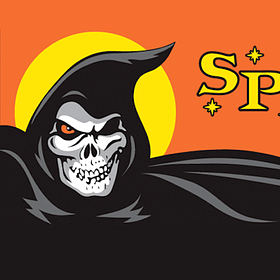Tuesday's Assorted Links
Minimum wage, push notifications, weight loss, Halloween spending, and a Nobel Prize
Hi y’all! Here are five stories from this week that contained some neat applications of economic principles or are related to teaching:
California will raise its minimum wage for fast-food workers to $20 per hour next April, the highest guaranteed base salary in the industry [Associated Press]
The median US teen receives an average of 237 notifications each day, but some receive thousands [Common Sense Media]
An airline the size of United Airlines could save $80 million per year in fuel costs if the average passenger’s weight fell by 10 pounds [Bloomberg]
Barbie is expected to be the third-most-popular Halloween costume for adults this year and #7 for kids [National Retail Federation]
The 2023 Nobel Prize for Economics was awarded to Claudia Goldin, whose research into the gender employment gap has, ironically, made her the first woman to win the award without sharing it with a male colleague [BBC]
Hello to our 52 newest subscribers who have joined us since last week! Nearly every post on this site is free for you to share with other colleagues, your students, or your friends and family. Take a look at the archive, and see what’s been talked about in the past.
Share Monday Morning Economist with your friends and I’ll share cool perks with you! I’ve updated the thresholds that it takes to get free paid access, stickers, and even a coffee mug. Check how many you’ve referred on the leaderboard page.
From vacant storefronts to a spooky wonderland, Spirit Halloweens’ pop-up operation is usually the sign that Halloween is right around the corner. It takes a keen understanding of demand and average costs to know when to shut down and when to operate. Dive into this week’s Halloween-themed journey:
The Spooky Shutdown Strategy of Spirit Halloween
Every year, as the leaves turn shades of red and gold, and a chill creeps into the air, a peculiar transformation occurs across cities and towns in the United States and Canada. What were once vacant storefronts, abandoned memories of big box retailers that shuttered their doors years ago, suddenly come back to life, but with a spooky twist – they becom…




